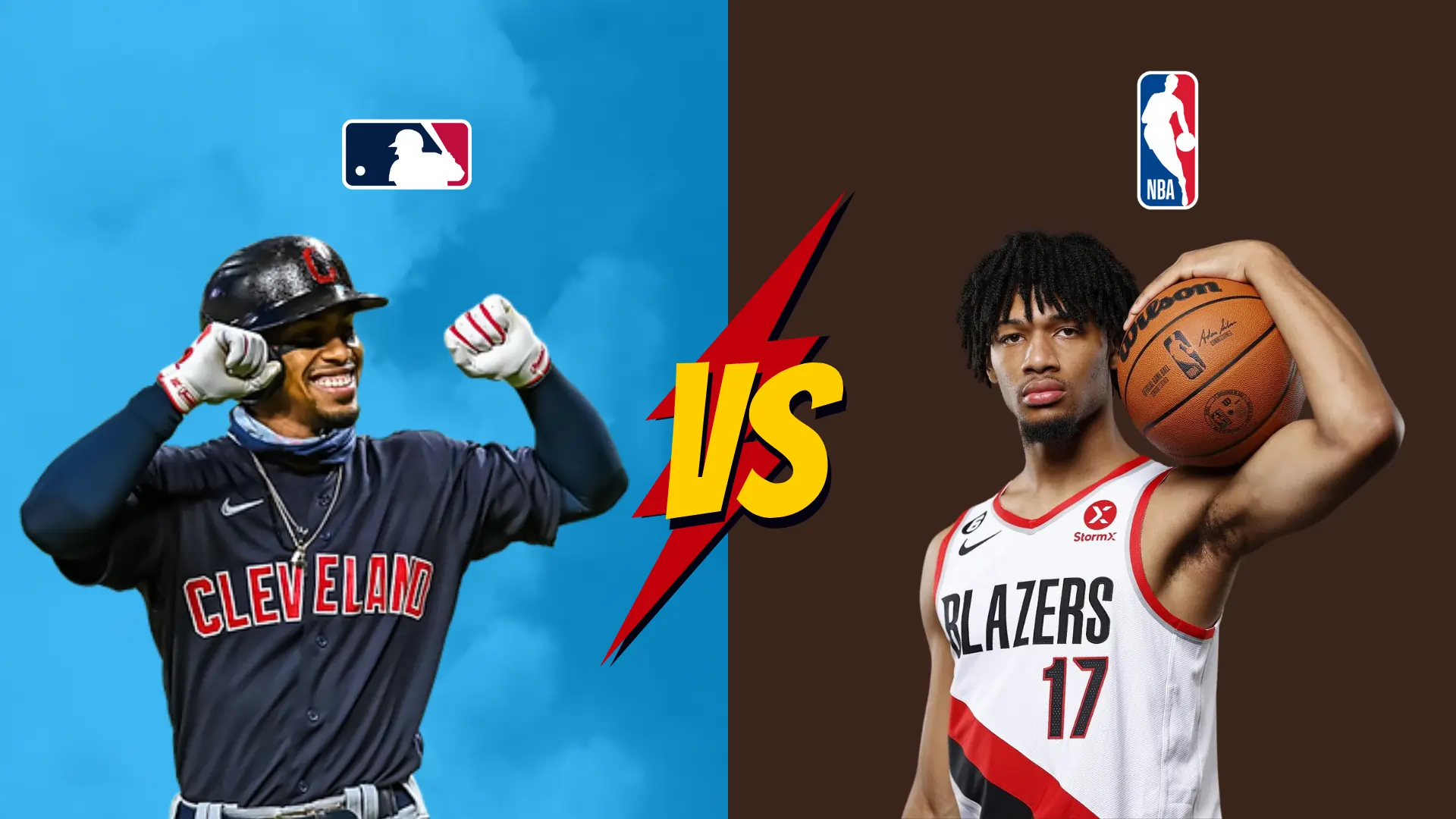Is MLB bigger than the NBA?
Determining whether Major League Baseball (MLB) is bigger than the National Basketball Association (NBA) isn’t as straightforward as it may seem. The two leagues differ in history, business models, global reach, and cultural impact, and each excels in its own way.
 |
| Image credits: eventsfy.com |
Revenue and Financial Strength
In terms of revenue, MLB and the NBA are neck and neck. Recent reports indicate that the MLB reached an all-time high in gross revenues of around US$12.1 billion last year, while the NBA generated roughly US$10.6 billion in its most recent season. Although these numbers seem comparable, MLB’s revenue is largely driven by its massive attendance figures and longstanding fan base, whereas the NBA benefits from lucrative national and international broadcast deals—the NBA recently inked an 11-year media rights deal valued at approximately US$76 billion, which has helped boost the league’s global brand and individual team valuations. Ultimately, while MLB might edge out slightly in total revenue, the NBA’s rapid growth in media rights and global markets means both leagues are financial powerhouses, each dominating their sport’s ecosystem.
Attendance and Live Game Experience
MLB games typically boast higher average attendance than NBA games. With ballparks often seating between 30,000 and 50,000 fans, MLB regularly draws tens of millions of spectators throughout the season. In contrast, NBA arenas generally hold around 18,000 fans per game. This difference partly stems from the structure of the seasons: MLB teams play 162 games (81 at home), whereas NBA teams have an 82-game schedule (41 at home). Although more MLB games mean higher overall live attendance, the NBA compensates with intense, fast-paced action that many fans find compelling.
Television Ratings and Global Viewership
When it comes to TV ratings, the NBA has shown robust performance—its Finals often attract significantly more viewers than the World Series. For instance, recent NBA Finals have averaged over 11 million viewers compared to the World Series’ 9 million. The NBA’s appeal extends well beyond the United States; it is broadcast in over 200 countries and features a high number of international players, which has contributed to a growing global fan base. While MLB remains historically popular in regions like Japan, Latin America, and parts of Europe, the NBA’s modern marketing strategies and star-driven narratives (think LeBron James, Stephen Curry, and Giannis Antetokounmpo) have positioned it as one of the most globally recognized sports leagues.
Cultural Impact and Fan Engagement
Baseball has long been known as “America’s Pastime” and still holds a nostalgic and cultural significance for many older fans. However, it has struggled to capture the imagination of younger audiences. In contrast, the NBA’s dynamic style of play, social media presence, and pop culture influence have made it especially popular among millennials and Gen Z. The NBA’s ability to consistently generate viral moments and engage fans on digital platforms (with billions of views on social media) reinforces its status as a modern entertainment juggernaut. These factors mean that while MLB might have a deeper historical footprint, the NBA is rapidly evolving into a more culturally influential and globally appealing league.
Business Models and Market Penetration
Both leagues operate under closed-franchise systems with revenue sharing and salary caps to maintain competitive balance. MLB’s model benefits from regional loyalty and a more relaxed pace of play that appeals to a certain segment of fans who relish tradition. Meanwhile, the NBA’s model leverages national and international broadcasting rights, sponsorship deals, and merchandise sales to create a robust, diversified revenue stream. The NBA’s embrace of digital media and streaming services has also allowed it to tap into new demographics, potentially expanding its market far beyond that of traditional TV viewership.
Conclusion
So, is MLB bigger than the NBA? The answer depends on the metrics you choose. If you measure by total revenue and live game attendance, MLB might have a slight edge. However, when it comes to television ratings, global reach, cultural impact, and modern fan engagement, the NBA appears to be outpacing baseball. Ultimately, both leagues are titans in their respective sports and continue to evolve—each excelling in areas that the other may lack. In the end, “bigger” becomes a relative term, reflecting the diverse ways sports can dominate public consciousness and commercial success.


Post a Comment